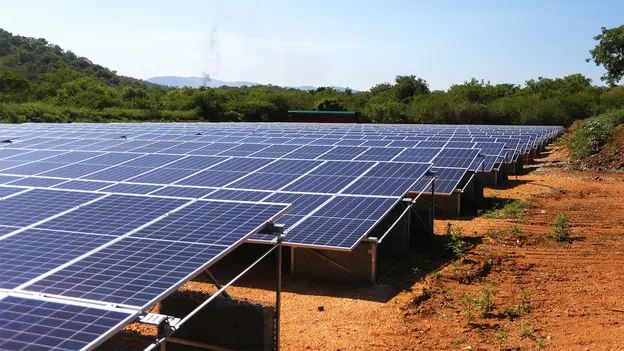Alumni Project
Not in my Backyard – Renewable Energy Projects
Empirical Study
Rural communities are being affected by the environmental, social, and economic tradeoffs of the development of energy production. Since the last two decades, Morocco and Tunisia have committed themselves to the inclusion of green economic strategies in their national planning. These entail a transition towards renewable energy that depends on the willingness of rural communities to constructively engage with this energy reform. A growing number of rural communities worldwide may resist renewable energy projects.
Including local communities to energy management transition processes
Including local communities into national renewable energy projects is of crucial importance. Global environmental change - climate change, in particular - generates increasingly significant and unpredictable challenges for these rural communities, especially those dependent on agriculture or other natural resources. Inclusive, consultative, and participatory natural resource governance is crucial to mitigate such insecurity and resistance towards renewable energy projects. In addition to that, an inclusive governance process ensures that vulnerable communities retain the needed support to adapt and to become an active part of green transitions.
Transparency in communicating costs and effects
This project analyzed the capacity of environmental institutions in Morocco and Tunisia to engage with rural communities in participatory processes that increase their resilience and capacity to adapt. Costs and profits of renewable energy investigation have to be in close communication with rural communities in order to make information accessible and simple. Explanations on the costs and benefits of living with the development of energy infrastructure (wind, solar, and oil and gas) must be made transparent to partake the local community in the decision-making process. AGYA alumna Dr. Olfa Khelifi und AGYA member Prof. Dr. Lena-Maria Möller aimed to understand the ways in which the overall process contributes to or detracts from safeguarding and resilience of local communities.
The project used a multi-method approach: A survey and expert interviews with stakeholders and rural community members, as well as analyses of policy documents were conducted to understand institutional frameworks and attitudes of rural communities towards green transition projects. In a next step, policy recommendations are being formulated to address the challenge of communities’ participatory engagement in renewable energy projects in Morocco and Tunis.
- Disciplines Involved
- International Economics, Human Geography, Engineering, Environmental Studies
- Project Title
- Renewable Energy and Safeguard Policies in North Africa
- Year
- 2020
- Funding Scheme
- Alumni Project
- Countries Involved
- Germany, Morocco, Tunisia


